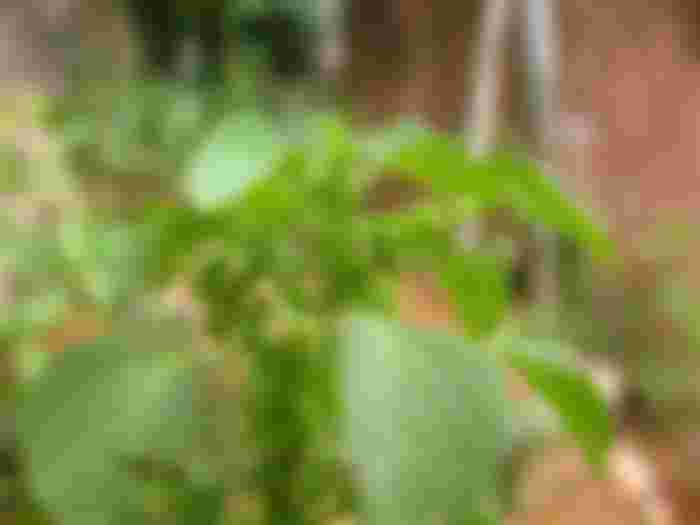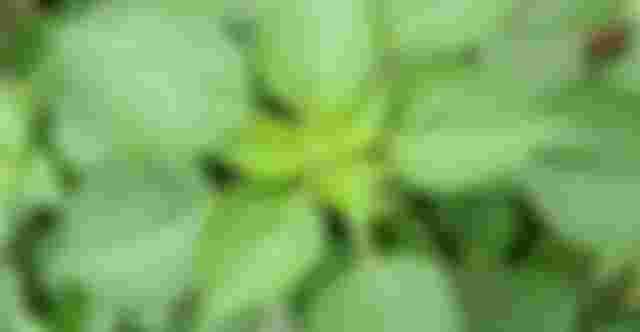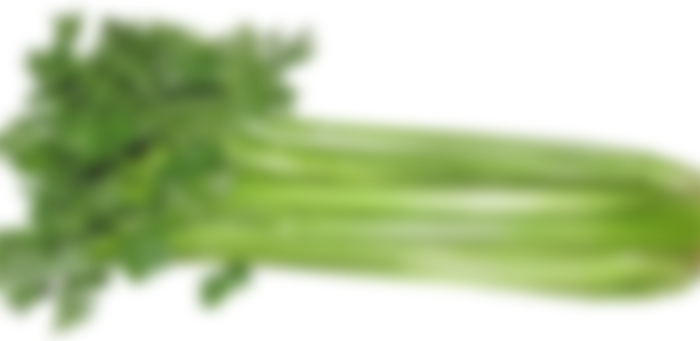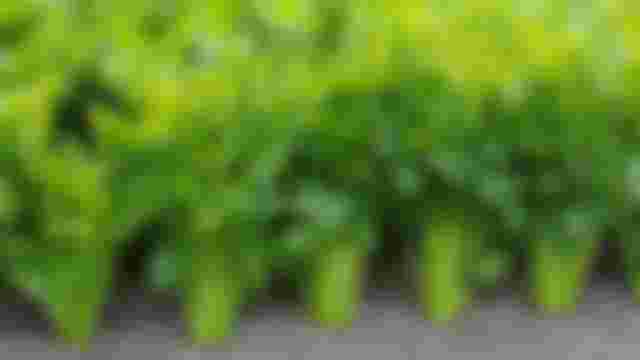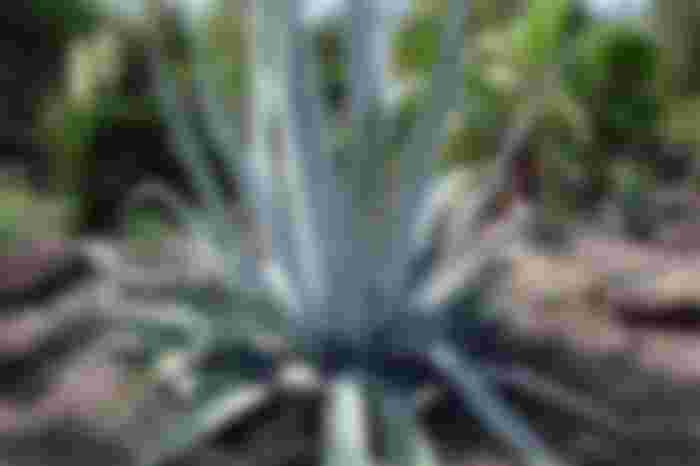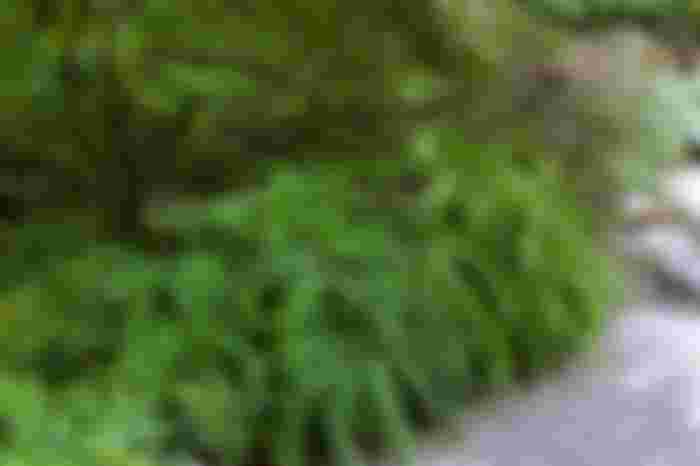When you feel something is odd with that carbon-based casing, wonderful biological structure that you call your body, you can go to the drugstore to get your cure, or you can just visit your backyard or someone else’s, so you can get a medicine that can really give healing wonders.
Maybe you can find the following 4 amazing herbs, and use them to make yourself feel so much better.
Indian Acalypha
It is an annual plant that usually grows along roadsides and wastelands. The leaves have margins that are toothed and serrated. Its flowers sprout from erect spikes in which the female ones are supported by wedge-shaped bracts.

The male flowers on the other hand sprout from the top of the spike. It can’t serve as an ornamental plant since it has no colored flowers or any beautiful features to speak of. But it’s medicinal value can make it truly attractive.
Medicinal Benefits
- Can be a laxative
- treats scabies and other skin irritation
- removes unwanted mucus secretions from the bronchial tubes
- regulates flow of urine
- expels parasitic worms from the body
- treats vomiting
- cures bites from venom-siphoning insects
Usable Parts: The leaves
Application
The decoction of the leaves, with a little mixture of salt can be used as a laxative and in promoting the flow of body fluids. By crushing the leaves, a juice can be extracted. By mixing it with little lime, it is ideal for treating skin itchiness of any kind.

The same juice can be ingested by any vomiting person. Powderized dried leaves, when mixed with water can be used for deworming children.
Other Names
Bengali – Muktajhuri
French – Rois Guegue de Rat
Gujarati – Dadano
Kannada – Kuppigida
Malalayam – Kuppaimeni
Marathi – Khajoti
Oriya – Indramaris
Sanskrit – Harita-manjari
Sinhalese – Kupamenya
Tamil – Kupaimeni
Telugu – Kuppitchetu
Celery
It is a garden herb, the kind belonging to the biennial ones. It stands erect and would branch out in any garden you may plant it. The roots are fleshy and bulbous. The stem is angular and furrowed.
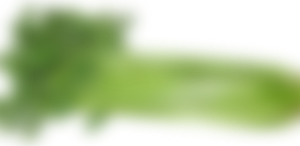
The leaves grow opposite to each other and are dark green in color, which are incised and coarsely toothed. The flowers are grey-white and arranged into compound umbels. It has seeds that are small, ribbed and ovate.
Medicinal Benefits Against:
- abdominal pains
- abdominal accumulation of liquid in the cellular tissue
- improper flow of urine
- flatulence
- parasitic worms
- asthma
- bronchitis
- liver diseases
- vomiting
- improper menstrual flow
- coughs and colds
- rectal troubles
- rheumatism
- inflamed joints
- obesity
- chronic pulmonary disease
- sexual impotence
Usable Parts: the whole plant
Application
The extracted juice of the plant can be used to deal with nearly all of the ailments mentioned above. However, it is most effective for rheumatic tendencies, inflamed joints, obesity, pulmonary diseases, and malnutrition issues.
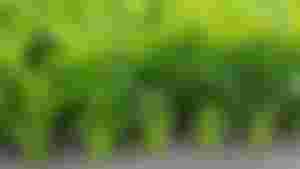
The same can also be used for altering the process of nutrition and excretion of crucial body elements. It also restores normal body functions.
It can relieve any victim of abdominal pains flatulence and other related gripping pains. It also promotes better menstrual functions.
Other Names
Bengali – Randhuni
Burmese – Ta-Rok-Nannan
French – Ache Celery
German – Aepdich
Gujarati – Boiajamoda
Hindi – Shalari
Kannada, Malalayam, Tamil, Telugu, Urdu – Ajmod
Marathi – Ajmoda
Persian - Karasb
Punjabi – Bhut Jhata
Sanskrit – Ajamoda
Sinhalese – Komarika
Tamil – Kuttilai
Century Plant
This one is a fibrous plant that is just another typical plant in tropical countries. The leaves grow in an upward manner from the ground, closely resembling that of the Pineapple’s.

Both sides of the leaves are smooth, having prickly edges, and the upper extremity, a thorny end. The plant produces a long and erect stem which bears blubits that fall to the ground and grow into new plants.
Medicinal Benefits Against:
- blood impurities
- pus formation
- improper urine flow
- improper bowel movement
- excessive hair fall
- internal wounds and swelling
- eye irritation and diseases
- tuberculosis
- jaundice and liver infection
- anemia, kidney and liver problems
Usable Parts: The whole plant
Applications
For cleansing the blood, an infusion of decoction of the finely chopped leaves can be taken. The water in which the leaves are soaked for a day can be used externally as a disinfectant and tonic, in case of falling hair.
The sap of the leaves can be used internally in case of wounds and inflammations. The same can be used for pulmonary tuberculosis and for anyone with liver problems.

The infusion of this plant with the addition of a teaspoon of honey, can be used to soothe eye irritation. Leaves decoction can be converted into an ointment for curing eye problems. When dried, the leaves can be powderized and be mixed with water. Such a drink is recommended for anemia, kidney diseases, and liver problems.
Other Names
Bengali – Belatipat
Burmese – Nar Nat Gyl
French – Agave Di Amerique
German – Aloebaum
Gujarati – Jangli Kunvara
Hindi – Kantala
Kannada – Bhuttale
Malalayam – Panamkattazha
Marathi – Ghaypat
Oriya – Brhotokumari
Punjabi – Wilayati Kaithalu
Sanskrit – Kalakantala
Tamil – Aanaikathaalai
Telugu – Kithanara
Maidenhair Fern
Growing in high altitudes so it can accumulate plenty of moisture and shading, it was named as such due to its beauty which is likened a lot to a fine young woman, with a hairdo that’s nicely done.
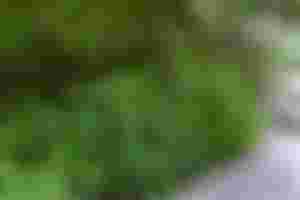
The stem is dark and shiny, bearing small, fan-shaped leaves. The veins are freely spaced apart and are often forked. It is regarded as an ornamental plant and is one of the favorite indoor-kept plants for aesthetic and ambiance reasons.
Medicinal Benefits
- as a tonic
- promotes urine flow
- relieves inflamed parts
- muscle pains and inflammation
- regulates menstruation
- eliminates fever
- remedy for coughs and for pulmonary and respiratory problems
- aid for digestion and appetite
- minimizes hair fall and baldness
- skin moisturizer
Usable Parts: The leaves
Application:
Liquid substance from the boiling of the leaves can be sipped as a tonic as stated above. Such a decoction can be used as a lotion and can be used to cure hair and scalp problems.

Other Names:
Burmese - Daund Mauk
French - Adiante
German - Frauenhaar
Gujarati - Hanspadi
Hindi, Marathi - Hansraj
Kannada - Pursha
Persian - Sirshiapeshane
Punjabi - Gunkiri
Sanskrit - Brahmadani
Tamil - Mayirsikki
Urdu - Mobarkha
Go to the drugstore or try these accessible herbs, the choice is yours.
